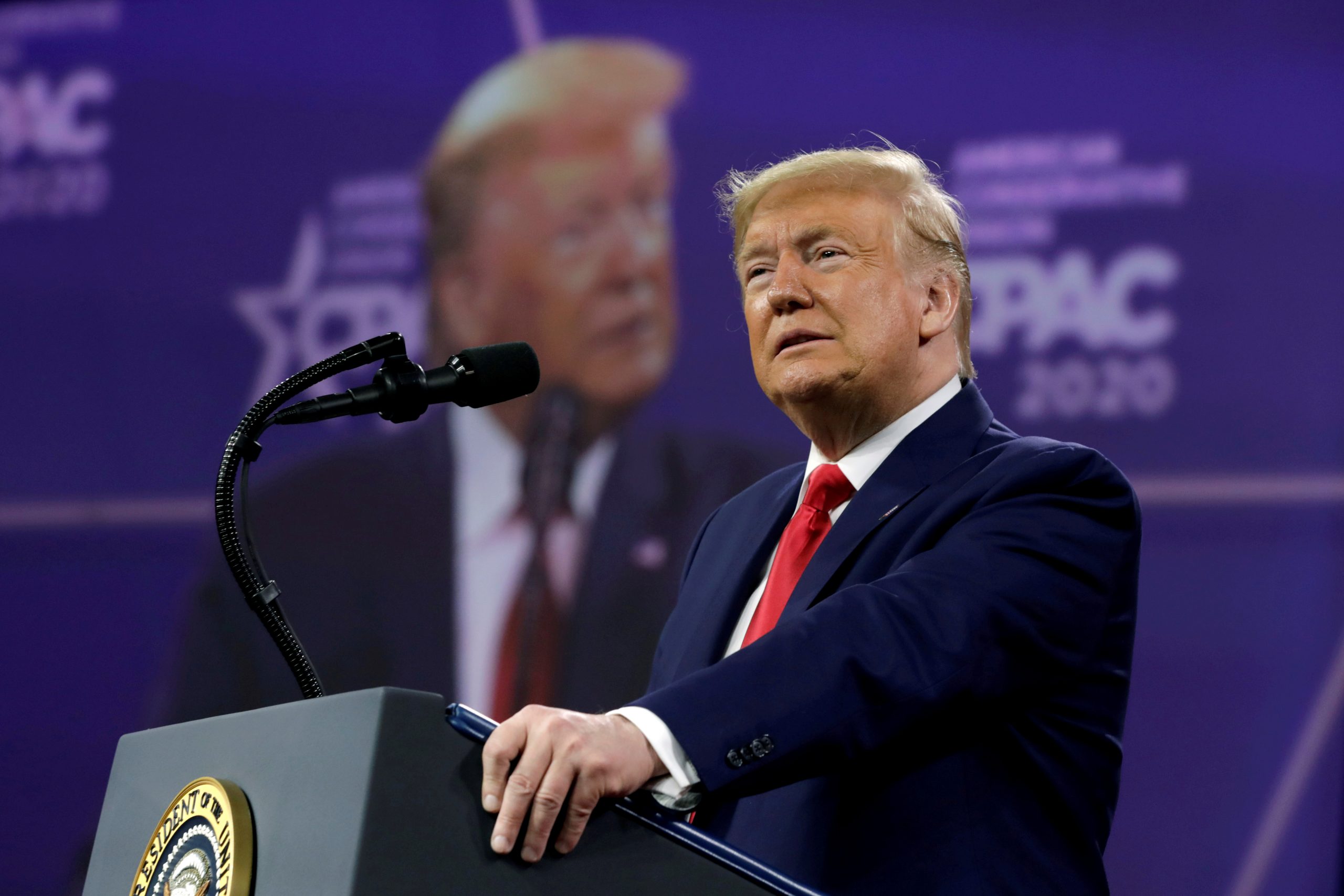Not so many years ago, the left was screaming about former President Donald Trump’s decision to raise tariffs on certain Chinese products, arguing that a trade war wasn’t in our interest and wondering what happened to those good ol’ free market Republicans they used to trash.
Ironic, given that Biden’s administration is now admitting the tariffs worked.
The inadvertent acknowledgment came during a media briefing last week. Commerce Secretary Gina Raimondo was asked at the White House on Wednesday whether the Biden administration would force Chinese tech firm ByteDance to sell off its most visible product, the social media video sharing platform TikTok, and to give a “broad view of your advice to President Biden on tariffs with regard to China.”
While Raimondo wouldn’t commit one way or the other on whether it would pressure ByteDance to unload itself of the data sinkhole and content wasteland that is TikTok, she said that her “broad view is: What we do on offense is more important than what we do on defense,” according to a White House transcript.
This included talking up President Joe Biden’s infrastructure plan for the umpteenth time during the briefing, followed by the admission that, yeah, tariffs on communist China, a serial bad actor in the trade sphere, mightn’t be a bad idea after all.
“With respect to tariffs, there is a place for tariffs. You know the 232 tariffs on steel and aluminum have, in fact, helped save American jobs in the steel and aluminum industries. So what do we do with tariffs? We have to level the playing field. No one can outcompete the American worker if the playing field is leveled,” said Raimondo, the former governor of Rhode Island who was confirmed by the Senate in March, despite concerns about her willingness to confront China.
“And the fact is, China has — China’s actions are uncompetitive, coercive, underhanded. They’ve proven they’ll do whatever it takes.
“And so I plan to use all the tools in my toolbox, as aggressively as possible, to protect American workers and businesses from unfair Chinese practices.”
Biden’s Commerce Secretary Gina Raimondo admits that Trump’s China tariffs “helped save” steel and aluminum jobshttps://t.co/L5L8inltjS pic.twitter.com/6AGD0q06jF
— RNC Research (@RNCResearch) April 7, 2021
Raimondo made similar comments during an interview with MSNBC last month, even as interviewer Stephanie Ruhle made it clear she wasn’t a fan.
[firefly_embed]
[/firefly_embed]
“Former President Trump got a lot of credit from a headline basis for taking on China,” Ruhle said. “But go beneath the headline, we didn’t win any trade war. How are you going to address China?”
“We have to be honest, which is to say, China’s behavior is anti-competitive, coercive, their human rights abuses are horrific, and they need to be held to account for that,” Raimondo said.
“So, unlike President Trump’s approach of, you know, tweeting out a policy, President Biden’s been very clear. We’re going to be tough on China in a whole-of-government response.”
If these tariffs were tweeted, however, they seem to have been cogent enough that the Biden administration has chosen to keep them — as Raimondo went on to point out.
“Let me say those tariffs have been effective. The data show that those tariffs have been effective. And I think what President Biden has said is we’re going to have a ‘whole of government’ review of all of these policies, and decide what it makes sense to maintain,” Raimondo said after she made it clear China “can’t dump excessive amounts of cheap steel and aluminum” onto the world market.
Apparently, public policy that was laid out in 280 characters or less is still effective enough to keep after Trump has gone. This was just for headlines, this was all for social media consumption — but it’s working fine for us, thanks.
This wasn’t Biden’s line on the campaign trail, where he claimed Trump’s tariffs just made life miserable for the average American.
“President Trump may think he’s being tough on China. All that he’s delivered as a consequence of that is American farmers, manufacturers and consumers losing and paying more,” Biden said during a July 2019 campaign speech, according to CNBC. “His economic decision-making is so shortsighted and as shortsighted as the rest of his foreign policy.”
Biden’s plan, such as it was, called for “new rules” and “new processes” to fight Beijing’s bad-faith manipulation of trade.
“China can’t afford to ignore half the global economy if we’re united. That gives us substantial leverage to shape the future rules of the road on everything from the environment to labor to trade to technology to transparency,” Biden said.
And just a few months earlier, he didn’t believe our biggest geopolitical and economic rival was even that much of an issue, mocking Trump’s tough stance on Beijing: “China is going to eat our lunch? Come on, man … they can’t even figure out how to deal with the fact that they have this great division between the China Sea and the mountains in the east, I mean in the west,” Biden told a crowd at a campaign rally, according to The Hill.
This was, unsurprisingly, the same unworkable line we saw during the Obama years,: If you build enough alliances through multilateral agreements, by golly, they won’t be able to ignore us then. This wasn’t necessarily confined to Barack Obama, mind you — both Bill Clinton and George W. Bush believed bringing China into the global fold would stop intellectual property theft and gross trade abuses. It didn’t, and American workers suffered as a result.
Now, Biden’s people are willing to admit that the He Who Must Not Be Named’s tariffs are working perfectly well, saving American jobs and holding China to account. Just, you know, don’t name who put them in place — and give the Biden administration the credit for taking the good idea.
This article appeared originally on The Western Journal.
























 Continue with Google
Continue with Google